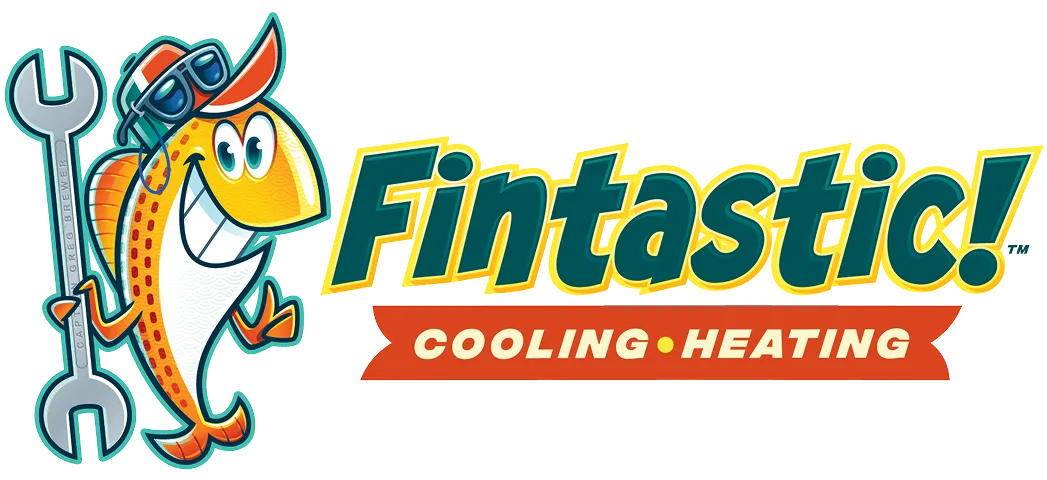Furnace Tune Up in Cypress, TX
A professional furnace tune up in Cypress, TX keeps your heating system safe, reliable, and efficient during the cooler months when you need it most. Even though winters here are milder than in northern states, cold snaps do happen and homeowners rely on their furnace to heat homes quickly and safely. A thorough tune up prevents inconvenient breakdowns, reduces heating costs, and protects against combustion-related hazards like carbon monoxide exposure.
.jpg)
Why a furnace tune-up matters in Cypress, TX
Cypress sits inside the Greater Houston area, where humidity, seasonal pollen, and salty air from the Gulf can accelerate corrosion and clog filters and ductwork. Furnaces that sit idle for months may develop sticky controls, dust-clogged burners, or weak ignition components. A fall tune up addresses these local stressors so your home heats consistently when temperatures drop.
Common furnace problems homeowners in Cypress see
- Dirty burners or flame sensors causing intermittent ignition or short cycling
- Clogged air filters and reduced airflow leading to higher energy use and uneven heating
- Corroded or cracked heat exchangers that compromise safety and efficiency
- Weak or failing blowers and motors strained by humidity and dust buildup
- Thermostat drift or miscalibration creating temperature swings
- Duct leaks or blockages that reduce system capacity and increase runtime
What a standard furnace tune-up includes
A professional tune up inspects and optimizes every major area of the heating system. Typical tasks covered are:
- Safety inspections
- Visual and instrument checks for gas leaks, signs of combustion problems, and proper venting
- Heat exchanger inspection for cracks or corrosion that could allow dangerous gases into living spaces
- Carbon monoxide and flue gas checks when applicable
- Component cleaning and lubrication
- Cleaning burners, ignition assemblies, and flame sensors to restore reliable ignition
- Removing dust and debris from the blower wheel, motor housing, and accessible duct intakes
- Lubricating moving parts where recommended by the manufacturer
- Calibration and electrical checks
- Verifying thermostat calibration and control board settings for correct cycle timing
- Tightening electrical connections and checking capacitors and relays to prevent electrical failures
- Measuring amp draw on motors to spot early motor or belt issues
- Airflow and ductwork checks
- Inspecting and testing filter condition, supply vents, and return airflow
- Measuring static pressure or visual inspection for obvious duct leaks and blockages
- Advising on filter upgrades or return-air improvements to improve circulation
- Combustion analysis and efficiency testing
- Measuring flue temperatures, combustion efficiency, and carbon monoxide using a combustion analyzer when applicable
- Verifying proper gas pressure and burner flame characteristics for safe, efficient operation
- Performance testing and system baseline
- Running the system through a full heating cycle to confirm stable operation
- Recording baseline performance metrics for future comparisons and maintenance planning
- Providing a clear, written summary of findings and recommended next steps
Estimated duration
Most complete furnace tune ups take about 60 to 90 minutes for a standard residential system. Systems with extensive buildup, older equipment, or additional diagnostics can take longer. The technician will prioritize safety checks first, then move to cleaning, adjustments, and tests.
Measurable benefits of regular furnace tune-ups
- Improved reliability: Professional maintenance significantly reduces the chance of mid-season breakdowns by addressing worn or failing parts before they cause system failure.
- Energy savings: A tuned and clean furnace can operate more efficiently. Typical improvements range from 5 to 15 percent in real-world conditions, depending on the system condition and thermostat habits.
- Longer equipment life: Regular maintenance reduces strain on components and can extend furnace life by multiple seasons compared to neglected systems.
- Better comfort and airflow: Cleaning and calibration lead to steadier temperatures and more even heat distribution throughout your home.
- Enhanced indoor air quality: Removing dust and debris from the furnace and ensuring proper filtration reduces allergens circulating indoors — an important benefit in Cypress with seasonal pollen and high humidity.
- Safety assurance: Combustion and heat exchanger checks reduce the risk of carbon monoxide exposure and unsafe venting, giving homeowners peace of mind.
What to expect during and after service
During the visit, a technician will:
- Inspect safety-critical components first and document any immediate hazards
- Clean and adjust burners, ignition, and blower assemblies
- Test combustion and airflow and set controls to manufacturer specifications
- Provide a written summary of what was inspected, actions taken, and recommended repairs or parts if required
After the tune up you should notice quieter operation, steadier indoor temperatures, and fewer cycling issues. If repairs are needed, the report will explain why a part should be replaced and how it affects safety or efficiency.
Seasonal timing and recommended frequency
- Schedule a tune up in early fall before the first sustained cold period to ensure dependable heating.
- Annual tune ups are recommended for most homes. Homes with older equipment, pets that shed, or high indoor dust may benefit from mid-season filter checks and more frequent attention.
Practical homeowner tips between tune-ups
- Replace or check filters monthly during heavy use seasons to maintain airflow and system efficiency.
- Keep the furnace area clear of clutter and ensure intake vents and returns are not blocked.
- Seal obvious duct gaps and insulate exposed ductwork in unconditioned spaces to prevent heat loss.
- Monitor for unusual noises, odors, or changes in cycling and address them promptly.
- Consider a programmable or smart thermostat to reduce runtime and improve comfort consistency.
A properly executed furnace tune up protects your family, improves comfort, and helps control heating costs—especially important for Cypress homes facing humidity, pollen, and coastal corrosion risks. Regular maintenance is the most effective step you can take to preserve your furnace performance and safety year after year.
Customer Testimonials
Our customers praise our exceptional service and attention to detail, consistently exceeding expectations.































































